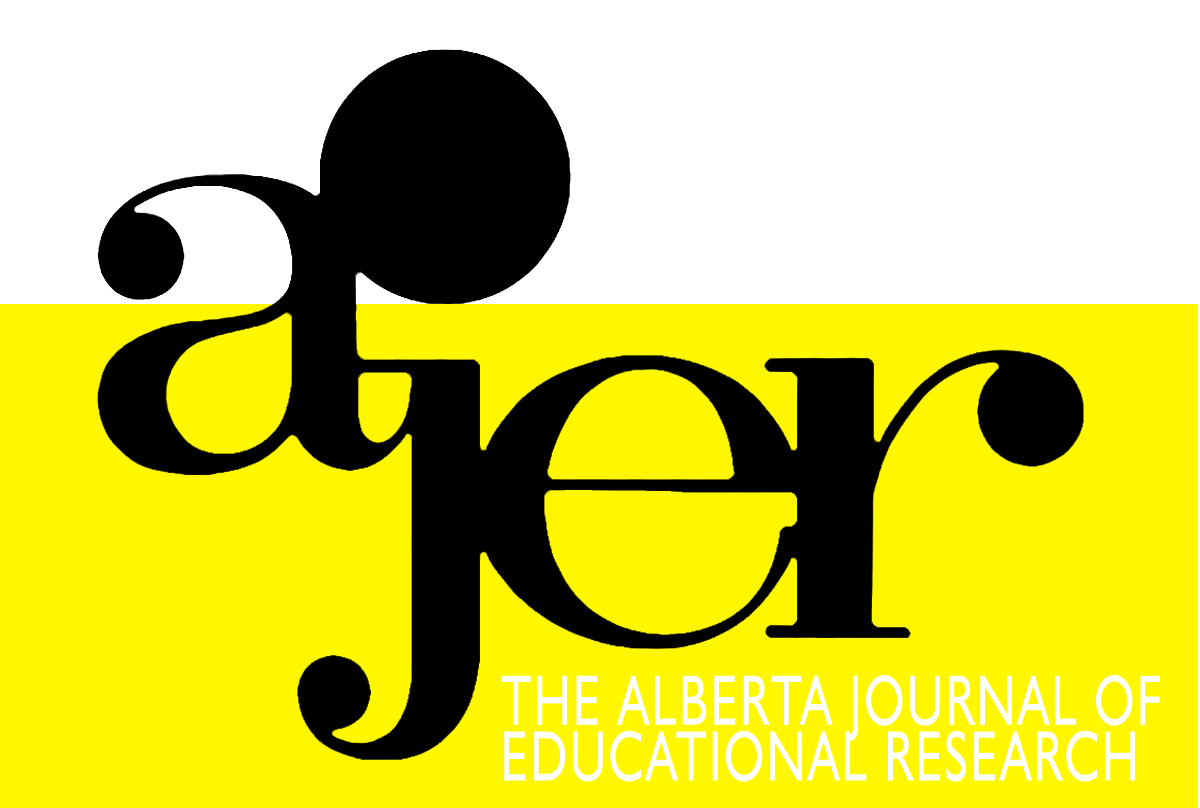“I wasn’t that good at it but I pretended to be”: Students’ Experiences of the Impostor Phenomenon in Academic Settings
DOI:
https://doi.org/10.55016/ojs/ajer.v69i3.76167Abstract
The impostor phenomenon (IP) is an internalized feeling of fraudulence characterized by beliefs that one’s personal successes are due to external factors (e.g., luck) rather than internal attributes. Individuals who suffer from impostor feelings may feel that they are not really intelligent or capable but have instead fooled others. Written descriptions of IP experiences were provided by 879 graduate and undergraduate students and submitted to content analysis. Nine major themes were identified across three categories: causes (i.e., novel experiences, challenges, everyday academic interactions, and high expectations), feelings and impact (i.e., negative psychophysiological symptoms and negative thoughts and emotions), and management (i.e., negative, neutral, and positive). Implications for addressing these feelings in post-secondary settings are considered.
Keywords: higher education; individual differences; stress/coping; content analysis; qualitative research
Le phénomène de l'imposteur (PI) est un sentiment de fraude intériorisé, caractérisé par la conviction que les succès personnels sont dus à des facteurs externes (par exemple, la chance) plutôt qu'à des attributs internes. Les personnes qui souffrent du sentiment d'imposture peuvent avoir l'impression qu'elles ne sont pas vraiment intelligentes ou capables, mais qu'elles ont plutôt trompé les autres. Des descriptions écrites d'expériences de PI ont été fournies par 879 étudiants de premier et deuxième cycles et ont été soumises à une analyse de contenu. Neuf thèmes principaux ont été identifiés dans trois catégories : les causes (expériences nouvelles, défis, interactions académiques quotidiennes et attentes élevées), les sentiments et l'impact (symptômes psychophysiologiques négatifs, pensées et émotions négatives) et la gestion (négative, neutre et positive). Les implications de la prise en compte de ces sentiments dans le cadre de l'enseignement post-secondaire sont examinées.
Mots clés : enseignement supérieur ; différences individuelles ; stress/capacités d’adaptation ; analyse de contenu ; recherche qualitative
Downloads
Published
Issue
Section
License
UNIVERSITY OF ALBERTA COPYRIGHT LICENSE AND PUBLICATION AGREEMENT
If accepted, authors will be asked to sign a copyright agreement with the following points:
A. Where there is any inconsistency between this Copyright License and Publication Agreement and any other document or agreement in relation to the same subject matter, the terms of this Agreement shall govern.
B. This document sets out the rights you are granting in relation to publication of your article, book review, or research note entitled (the “Article”) through inclusion in the academic journal titled Alberta Journal of Educational Research (the “Journal”) published through the Faculty of Education, representing the Governors of the University of Alberta (the “Journal Editor”).
C. There will be no payment to you for this publication and grant of rights. In consideration of the agreement to publish the Article in the Journal:
1. You are warranting that:
- the content of the Article is your original work, and its content does not contain any material infringing the copyright of others; or, where the Article is not entirely your original work, you have obtained all necessary permissions in writing to grant the rights you are giving in this agreement;
- the content of the Article does not contain any material that is defamatory of, or violates the privacy rights of, or discloses the confidential information of, any other person;
- the Article has not been published elsewhere in whole or in part, and you will not allow publication of the Article elsewhere without the consent of the Journal Editor;
- the names of all co-authors and contributors to the Article are:
2. You agree to license the copyright in the Article to the Journal Editor, on a worldwide, perpetual, royalty free basis; and to the extent required by the terms of this agreement. You shall retain the right at all times to be acknowledged as the/an author of the Article.
3. You further agree that the Journal Editor has the entitlement to deal with the Article as the Journal Editor sees fit, and including in the following manner;
- The right to print, publish, market, communicate and distribute the Article and the Journal, in this and any subsequent editions, in all media (including electronic media), in all languages, and in all territories, ing the full term of copyright, and including any form of the Article separated from the Journal, such as in a database, abstract, offprint, translation or otherwise, and to authorize third parties to do so;
- The right to register copyright of the Journal;
- The right to edit the Article, to conform to editorial policy as the Journal Editor sees fit.
4. If any co-author or contributor to the Article does not sign this agreement, the Journal Editor reserves the right to refuse to publish the Article.



